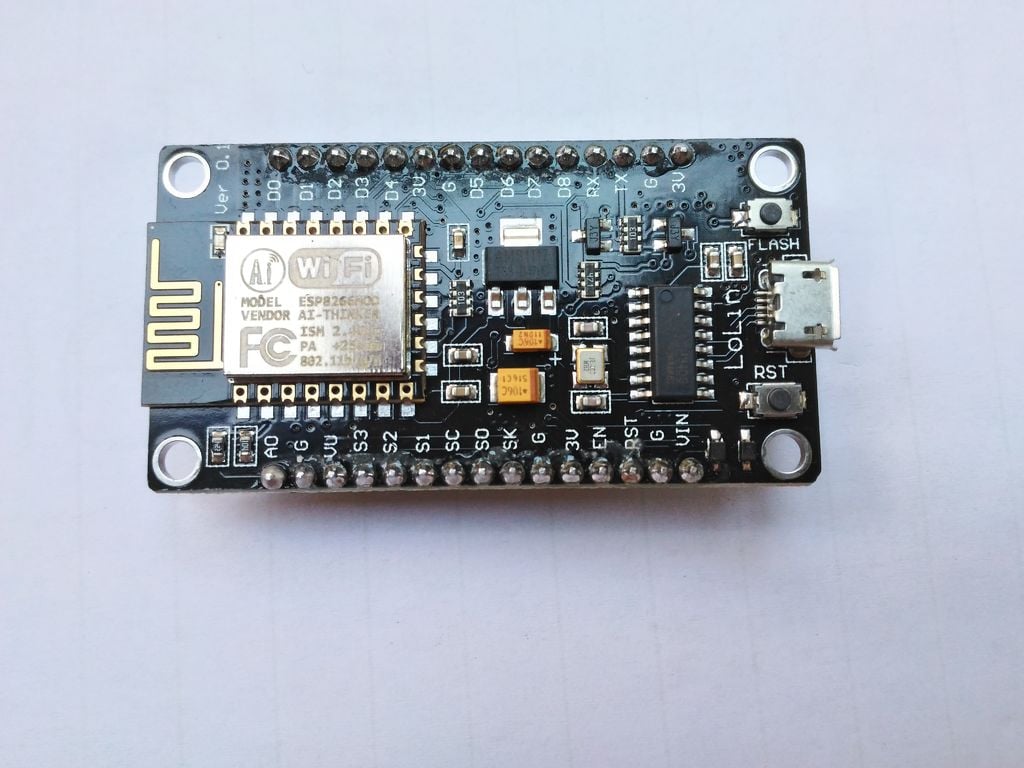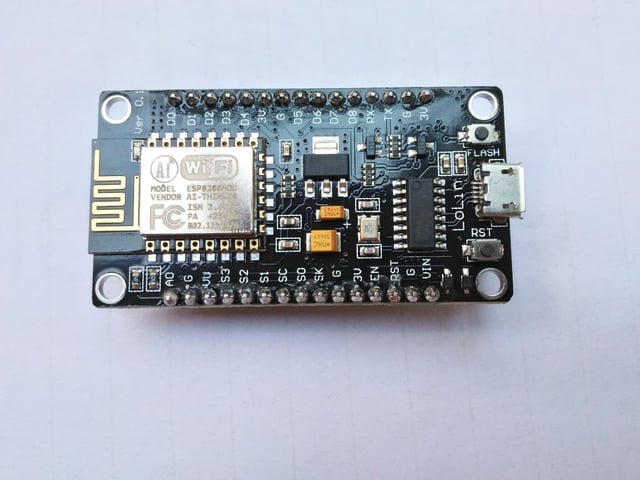Are internet rates going to increase?


Seems every public place you can visit has free Wi-Fi as one of it's perks for visiting. Shopping malls, cafes, even some city areas and libraries all offer Wi-Fi to help you stay connected.
With such open access, it's only a matter of time until someone does something nefarious to make matters difficult. Case in point: Wi-Fi jammers. According to the FCC, jammers are "illegal radio frequency transmitters that are designed to block, jam, or otherwise interfere with authorized radio communications. Jamming technology generally does not discriminate between desirable and undesirable communications. A jammer can block all radio communications on any device that operates on radio frequencies within its range (i.e., within a certain radius of the jammer) by emitting radio frequency waves that prevent the targeted device from establishing or maintaining a connection.
For example, jammers can prevent your cell phone from making or receiving calls, text messages, and emails; prevent your Wi-Fi enabled device from connecting to the Internet; prevent your GPS unit from receiving correct positioning signals; and prevent a first responder from locating you in an emergency.
That said, jammers are illegal to own and use in the US. Federal law prohibits the marketing, sale, or use of a transmitter (e.g., a jammer) designed to block, jam, or interfere with wireless communications.
If you're looking to protect your business's network, consider a firewall instead. The ZyWALL USG/40/40W/60/60W offers unbeatable protection from malware and unauthorized applications for smaller-sized enterprises. Better yet, the USG40W and USG60W feature built-in single-radio and dual-radio wireless access points that can provide Wi-Fi for small offices straight out of the box. To learn more, click HERE.
New technology, networking, communications, data, cloud, the internet—these are the things that...